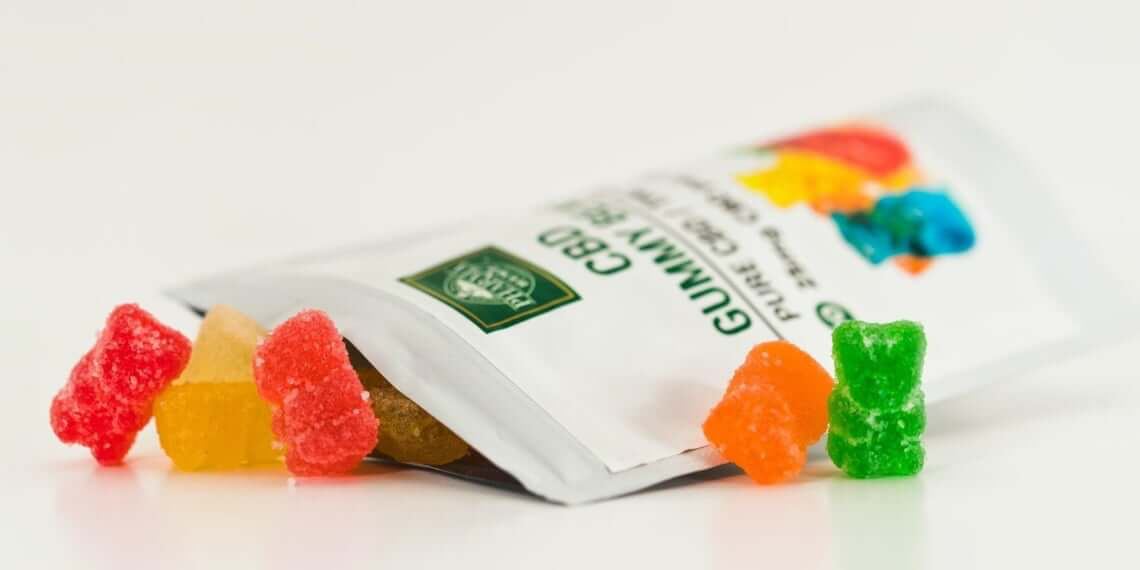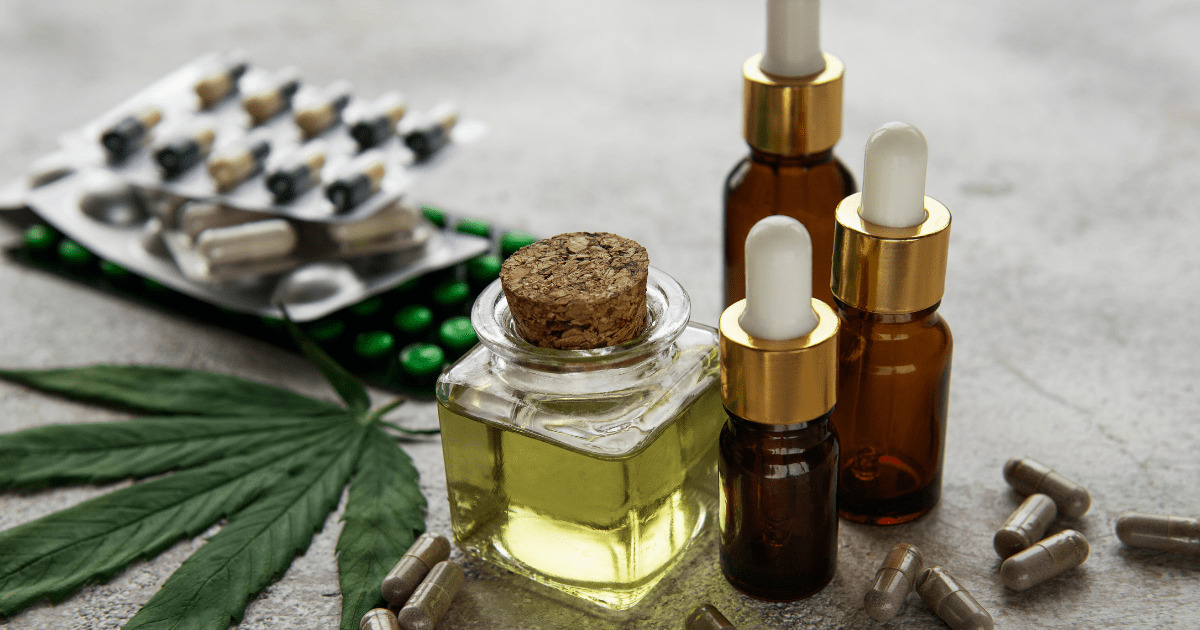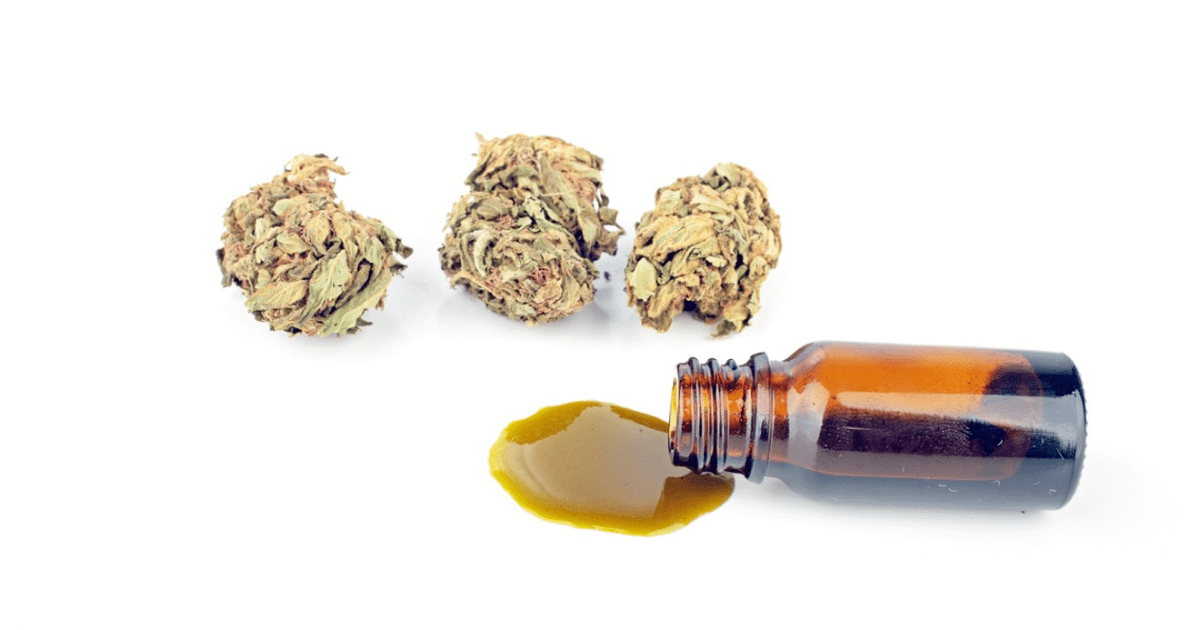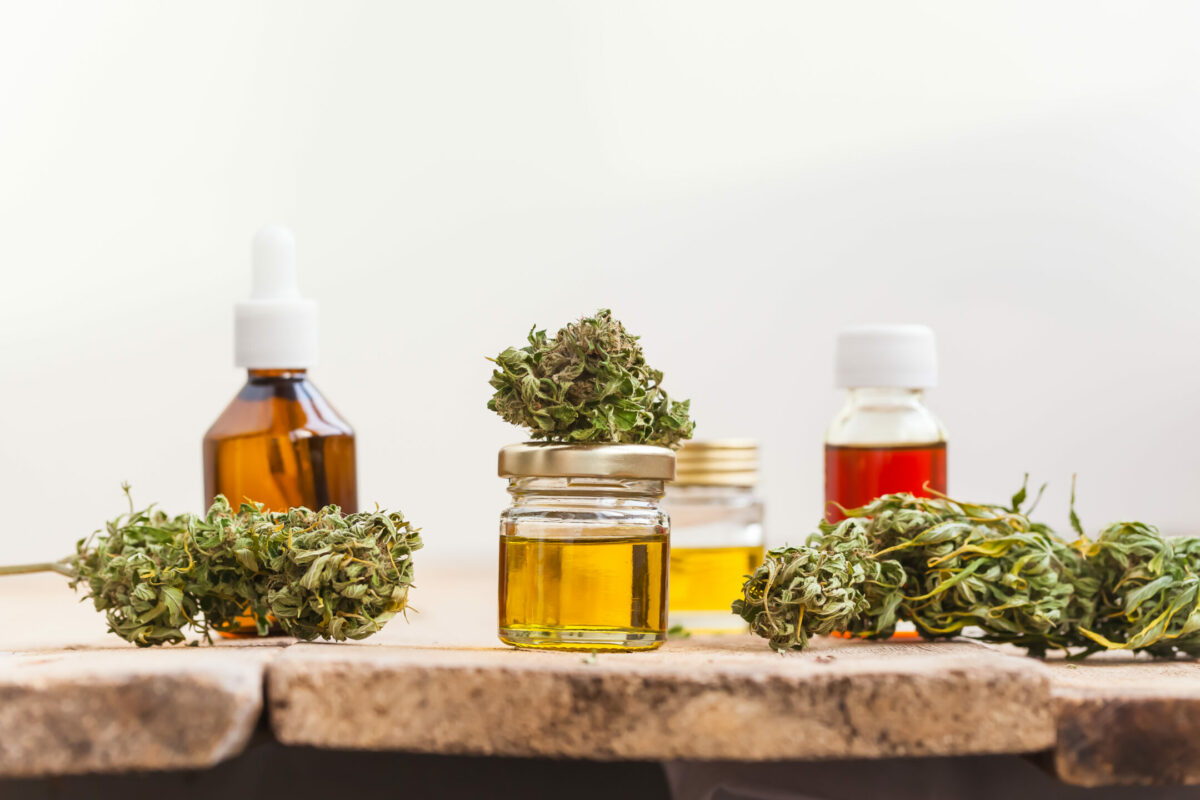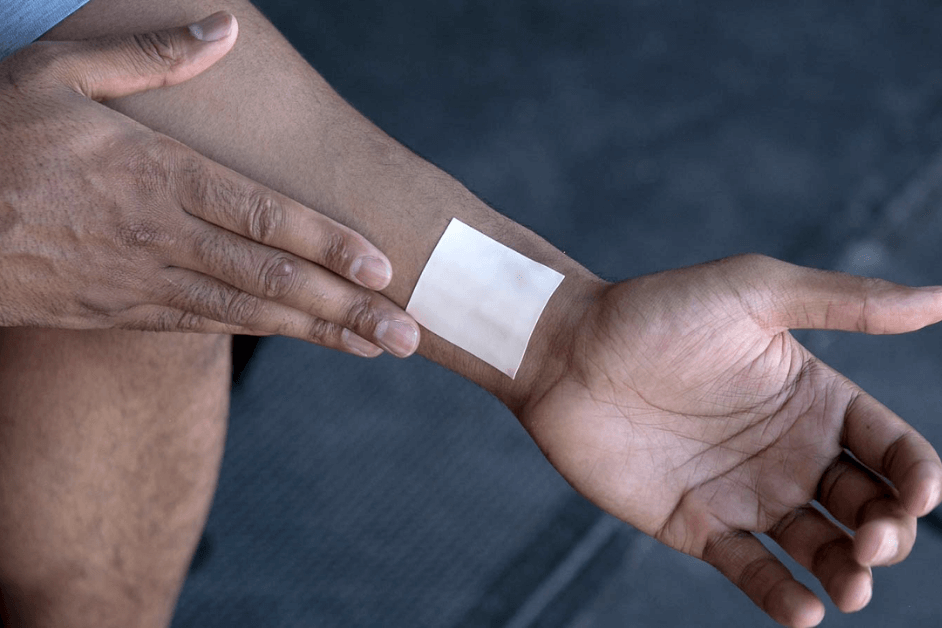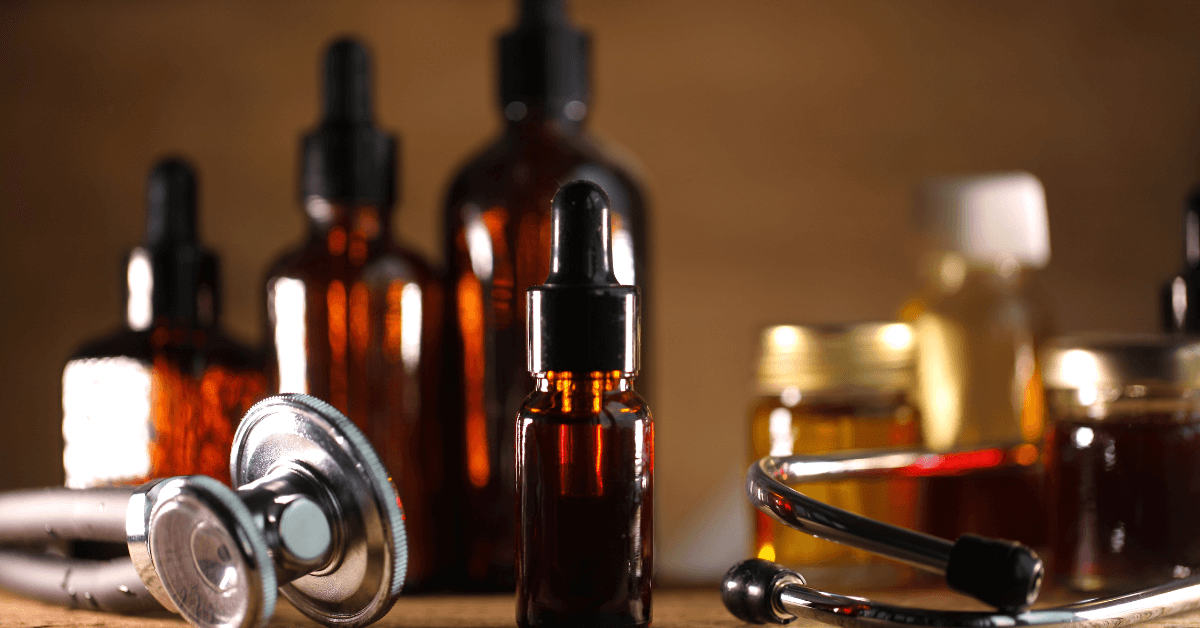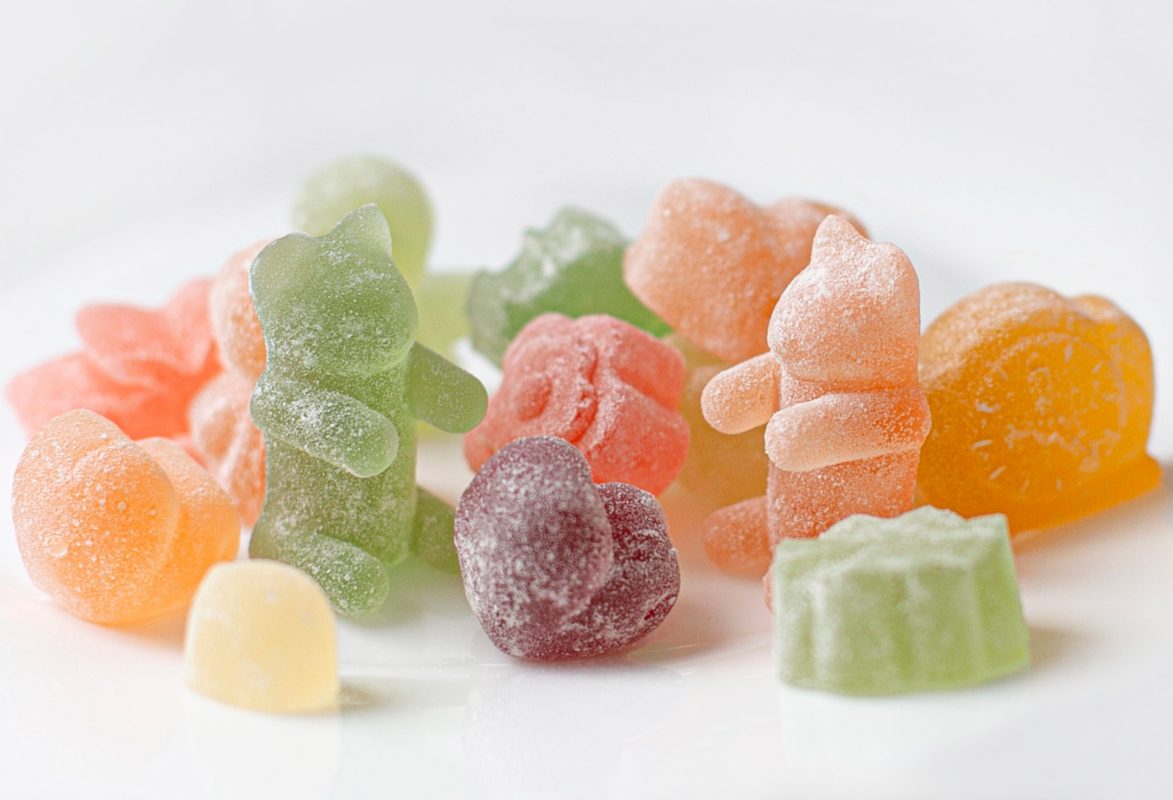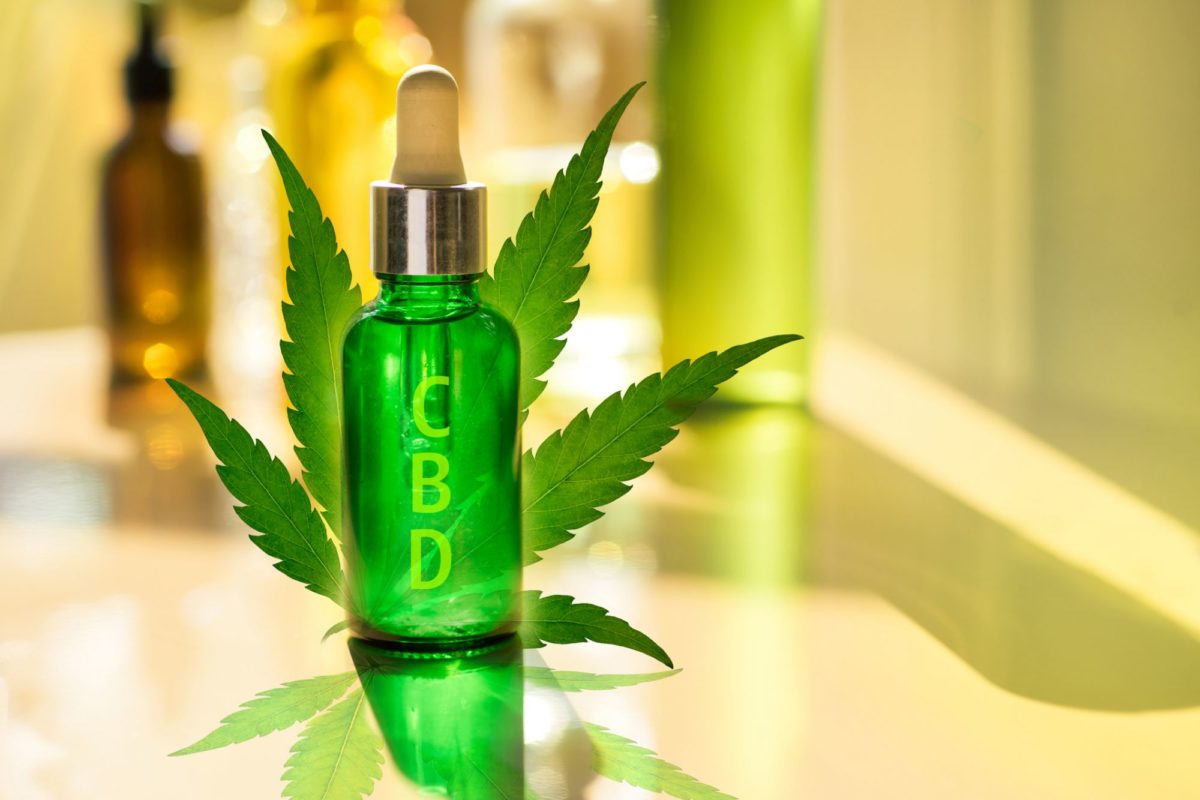In today’s fast-paced world, many seek natural remedies to address various health concerns, ranging from anxiety to chronic pain. Among the rising stars in this natural wellness movement is CBD, a compound extracted from the cannabis plant. While CBD can be consumed in various forms, one particularly delightful and convenient way is through CBD gummies….
Category Archives: CBD
CBD (cannabidiol) has gained significant popularity in recent years for its potential health benefits and therapeutic properties. As a non-intoxicating compound derived from the cannabis plant, CBD is used in various forms, such as oils, tinctures, capsules, and creams, to alleviate a wide range of conditions, including anxiety, pain, and inflammation. While many people have…
Cannabis has been used for centuries for its medicinal properties. CBD is one of the compounds found in cannabis that has been shown to be effective in treating a variety of medical conditions, including pain, anxiety, and seizure disorders. So, what exactly is Delta-8? Delta-8 THC is a cannabis compound that is similar to CBD,…
Rick Simpson Oil (or RSO for short) is one of the most versatile and highly praised innovations in cannabis you are ever likely to hear about. This widely acclaimed oil was created by a Canadian scientist named (you guessed it) Rick Simpson, who also happens to be an engineer and cannabis advocate. Rick became a…
CBD patches are a convenient and easy-to-use CBD topical oil product. There are many compelling stories and positive testimonials on CBD patches, not to mention various options to choose from. However, it can be confusing at times when you look at the extensive variety of ingredients used. You would be forgiven for being somewhat hesitant…
One in four women experiences menstrual cramps, commonly known as period cramps or period pain, during their menstrual cycle. As the uterine wall contracts, in an effort to shed its lining, women can experience different levels of pain in their lower abdomen. Relieving menstrual pain is desirable, as menstrual cycles typically occur monthly. However, the…
Are you so stressed that people recommend you take up relaxing activities, like yoga? Could we strum your tight and aching shoulder muscles like guitar strings? Do you always have a stomachache and eat antacids like candy? Do you grind your teeth, have trouble sleeping, or spend hours doom-scrolling social media? If you’re suffering from…
CBD is a short form for Cannabidiol, a chemical substance found in the cannabis plant. CBD is used in Canada for pain relief in different places. Cannabis extracts such as CBD can benefit your health. The chemical substance has to enter the bloodstream to relieve internal body pain. Hemp-derived CBD products are standard in the…
The secret is out! Most people now believe in the power of CBD, thanks to the many states who are currently on board with making it legally accessible to those who need it. In addition, CBD has healing properties that allow people to be relieved of pain points and treat a variety of physical and…
One of the significant benefits of CBD is that it works in several ways to improve your sleeping patterns and overall sleep quality. While more research is still being conducted on CBD and insomnia, it’s quickly becoming evident that cannabidiol is a worthy natural sleep aid for those with difficulties catching a good night’s rest….

